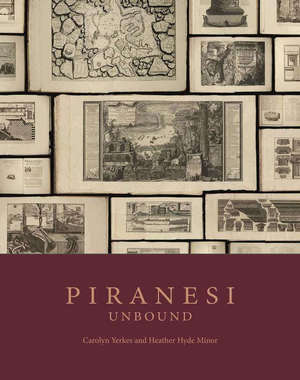Meet the authors: a book presentation series in Rome
This month, the Rome Global Gateway hosted two online book presentations as part of a “Meet the authors” series.
The first event, hosted on September 30th, presented the new translation of Luigi Pirandello's book Stories for the Years by Virginia Jewiss, senior lecturer in the humanities at Yale University.
Jewiss has translated the work of numerous Italian authors and film directors, including Roberto Saviano’s Gomorrah, Melania Mazzucco’s Vita, and screenplays for Paolo Sorrentino and Gabriele Salvatores.
Luigi Pirandello (1867–1936) is one of Italy’s most significant literary figures of the last century.
He is regarded as one of Europe’s great modernists and he is also considered a master storyteller, a fine observer of the drama of daily life with a remarkable sense of the crushing burdens of class, gender, and social conventions. Set in the author’s birthplace of Sicily, where the arid terrain and isolated villages map the fragile interior world of his characters, and in Rome, where modern life threatens centuries-old traditions, the book collects a series of original stories sun baked with the deep lore of Italian folktales.
The book presentation was co-sponsored by the Center of Italian Studies at the University of Notre Dame and the Civitella Ranieri foundation. Speakers included Ingrid Rowland and Barry McCrea from the University of Notre Dame.

On October 20, the RGG hosted a conversation with the authors of the newly published Piranesi Unbound, Princeton University Press.
The authors, Carolyn Yerkes and Heather Hyde Minor, will presented the book at the Rome Gateway. The book portrays Giovanni Battista Piranesi (1720–78), best known today as the virtuoso etcher of the immersive and captivating Views of Rome and the darkly inventive Imaginary Prisons. Yet Carolyn Yerkes and Heather Hyde Minor argue that his single greatest art form—one that combined his obsessions most powerfully and that he pursued throughout his career—was the book. Piranesi Unbound provides a fundamental reinterpretation of Piranesi by recognizing him, first and foremost, as a writer, illustrator, printer, and publisher of books.
Featuring nearly two hundred of Piranesi’s engravings and drawings, including some that have never been published before, this visually stunning book returns Piranesi’s artworks to the context for which he originally produced them: a dozen volumes that combine text and image, archaeology and imagination, erudition and humor. Drawing on new research, Piranesi Unbound uncovers the social networks in which Piranesi published, including the readers who bought, read, and debated his books. It reveals his habit of raiding the wastepaper pile for cast-off sheets upon which to draw and fuse printed images and texts. It shows how, even after his books were bound, they were subject to change by Piranesi and others as pages were torn out and added.
The first major exploration of the lives of Piranesi’s books, Piranesi Unbound, reimagines the full range of the artist’s creativity by showing how it is inextricably bound to his career as a maker of books.
The book has been reviewed on New Criterion, Arab News and The Telegraph.